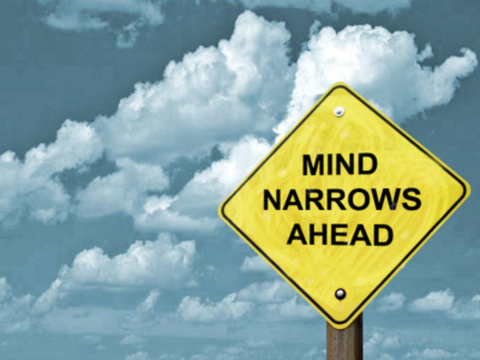Obesity, Erectile Dysfunction, and the Question of Bias

Society's values vary, rewarding some members more than others. We see this with gender and other characteristics. The same is true with illness: some illnesses are less acceptable than others.
About a week ago, Twitter was busy with an opinion piece asserting that obesity is our last great prejudice. It was written by Mike Gibney, a professor of food and health. Its main point was that we have, as a society, faced many prejudices: religion, suicide, sexual orientation, and so on, but not obesity. It illustrates what its author terms bigotry by reciting an event in which a colleague condemns a fat woman simply for being fat and shares an interesting tidbit: children shown pictures of other children, including obese children and children with various disfigurements, ranked the obese children lowest. He pleads for an end to the stigmatization of obesity.
As poignantly written as the article is, obesity is not our last greatest prejudice. In fact, the mere fact that it is publicly the center of the article would seem to prove this point. But what about erectile dysfunction? Think about it: other than pharmaceutical ads on television implying sexual vigor, we don't really even talk about erectile dysfunction. Not that it's a competition, but if I had to identify the greatest prejudice, I'd say it was against men with erectile dysfunction. They have a long, long way to go before they can have open, authentic conversations about themselves. To get a sense of some of their challenges, have a look at this article about the politics, practice, and payment of erectile dysfunction and its surgical treatment with penile implants. And for more perspective, have a look at the video posted below:












